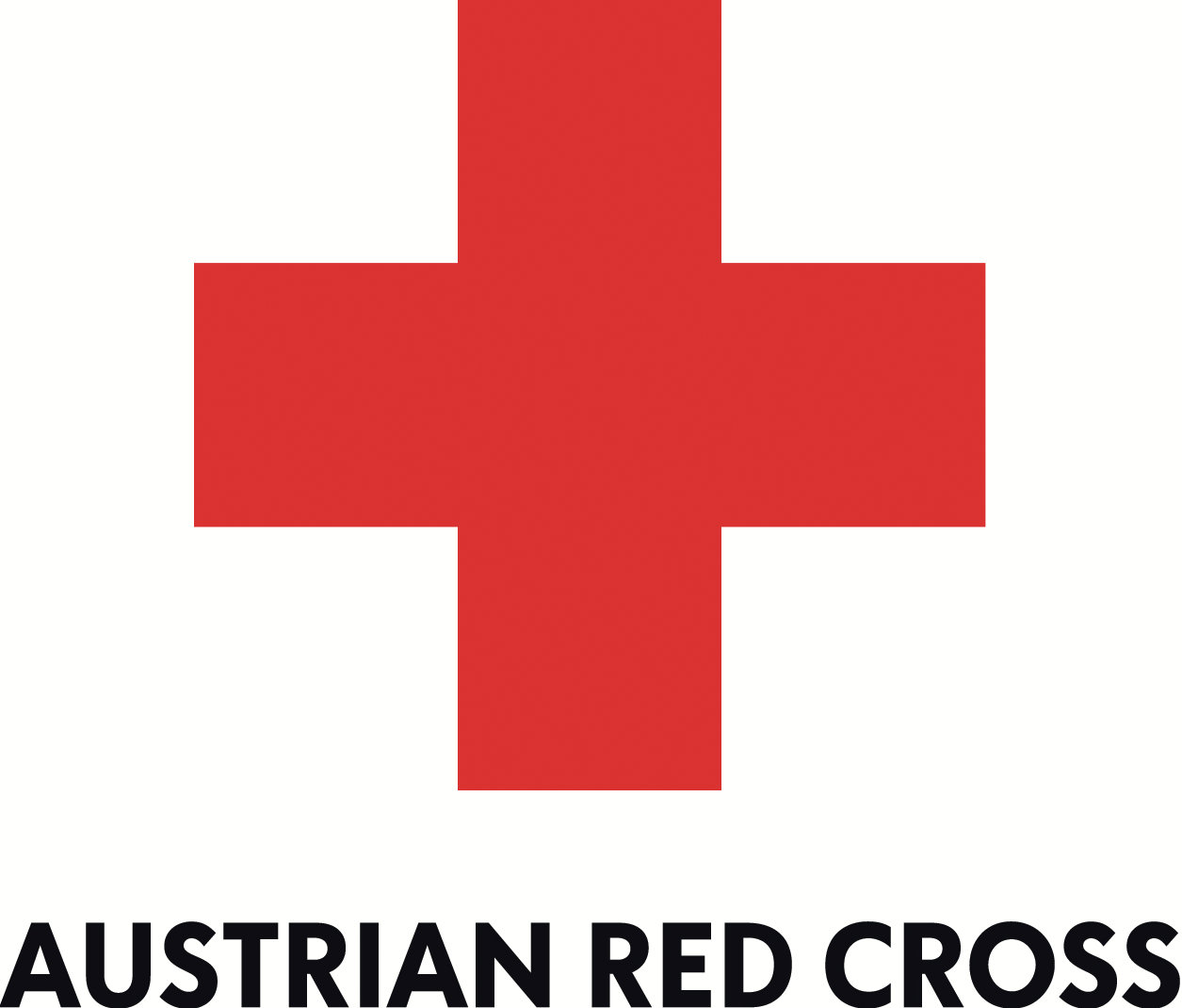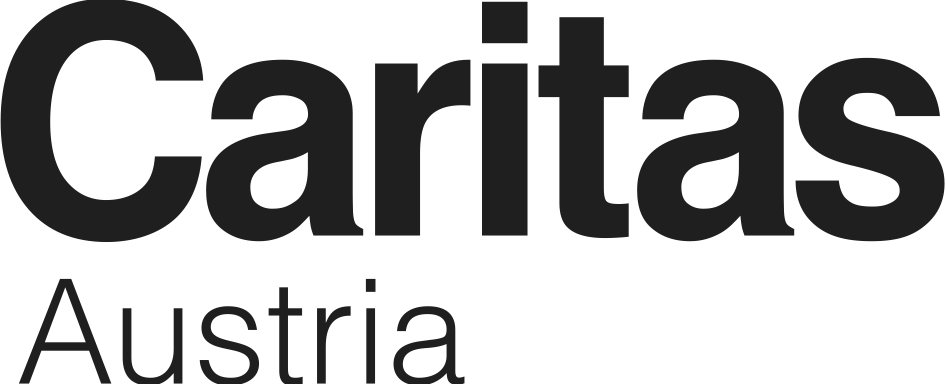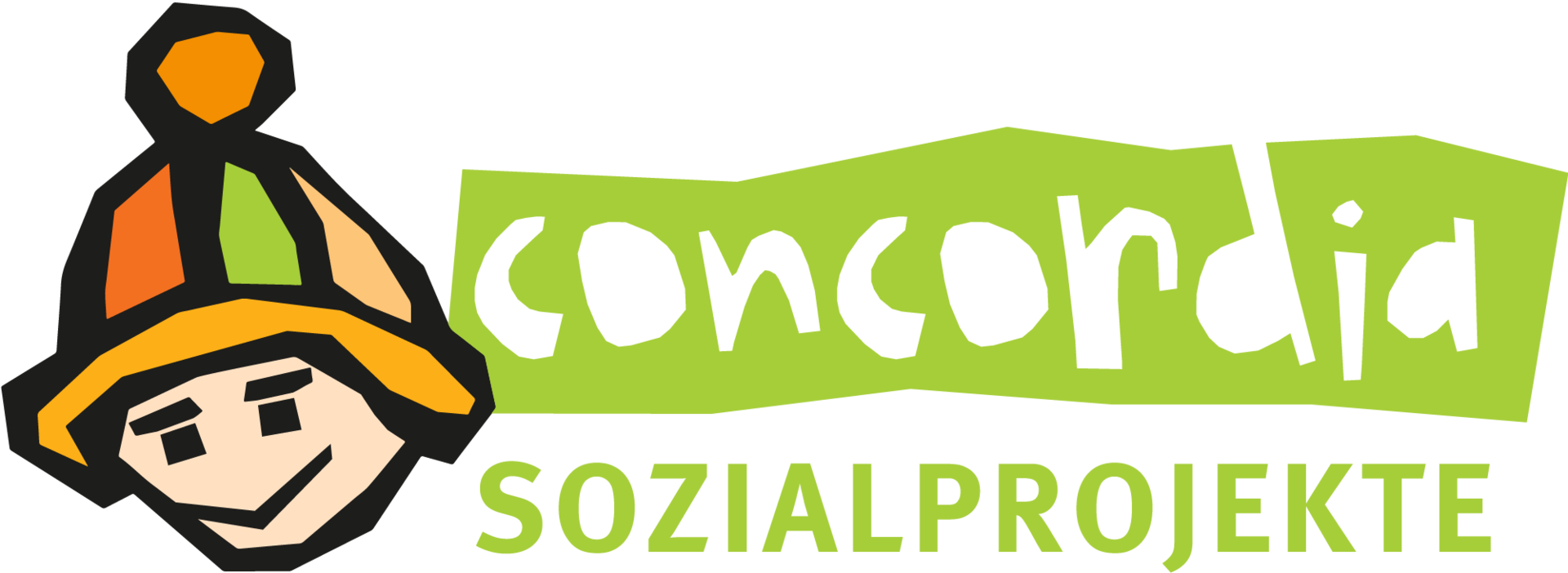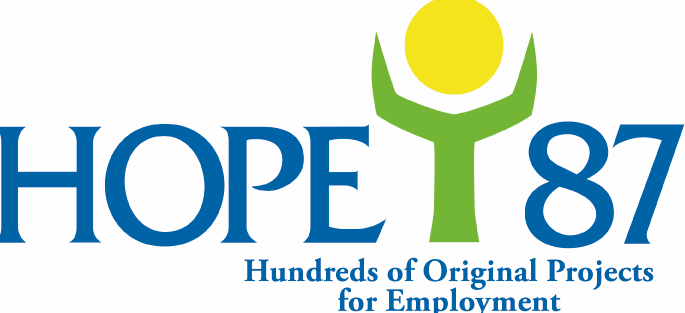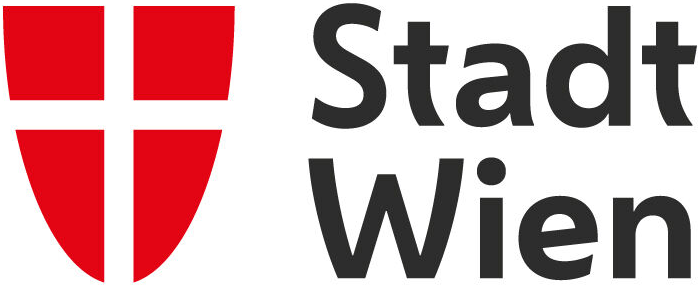Keynote Speech
Margit Maximilian Foreign Policy, ORF
Moderator
Margit Maximilian Foreign Policy, ORF
Panel Members
James East Emergency Communications Director, World Vision
Monika Kalcsics Radio Journalist, Caritas Emergency Aid Worker
Carla Haddad Mardini Chief Spokesperson, International Committee of the Red Cross (ICRC)
Gunther Müller Editorial Journalist, Profil
In this panel journalists and aid workers will discuss the main issues and share experiences. The panelists all have direct experience of working in crisis context and are also experienced journalists.
“Don’t chase headlines, chase good quality news – don’t be first, be accountable”
At the point of a humanitarian crisis, a complex set of obligations and interests arise in media and humanitarian agencies, and become interlocked. Relief agencies rely heavily on the media to get the humanitarian message out, to inform the world of unfolding disasters and to harness the power of donors to raise funds and respond to the crisis.
Cash-strapped news agencies and broadcast stations primarily concerned with providing coverage of the latest world affairs, relevance and audience engagement are increasingly dependent on humanitarian agencies for access and information.
The relationship between providers of news and providers of humanitarian aid can influence public perceptions and capture political attention. They can trigger, inform, critique and, in some cases, undermine international responses. They can also fundamentally shape information flows and aid allocations. In time of crisis, the relationship can be essential and complementary, but it is also often uncomfortable and ambiguous.
While their distinct functions may be clear, their distinct interests, structures and limitations relative to humanitarian action are not. The questions that follow are intended to enhance debate and improve understanding of the complex interactions that occur among these institutions:
How does the media influence the dynamics of emergency crises and the jockeying for position which results?
What are the interests of each institution, as well as their range of responses to humanitarian crises, and their limitations?
Can journalists and aid workers trust each other? Are there on the same side, or just in the same place at the same time?
It’s easier to sell a famine than to sell good news out of developing countries: Why journalism continues to portray Africa as a continent of unending horrors?
Or do NGOs prefer bad news to sustain themselves?
The language of images: How does the media use images of children, women and poor people?
Should journalists accept the invitations of NGOs to a press-trip?
Humanitarian agencies are actively using social media to raise awareness on their activities and ongoing crises in the world: Are the classic (traditional) media becoming less importance for the efforts of humanitarian reporting?

